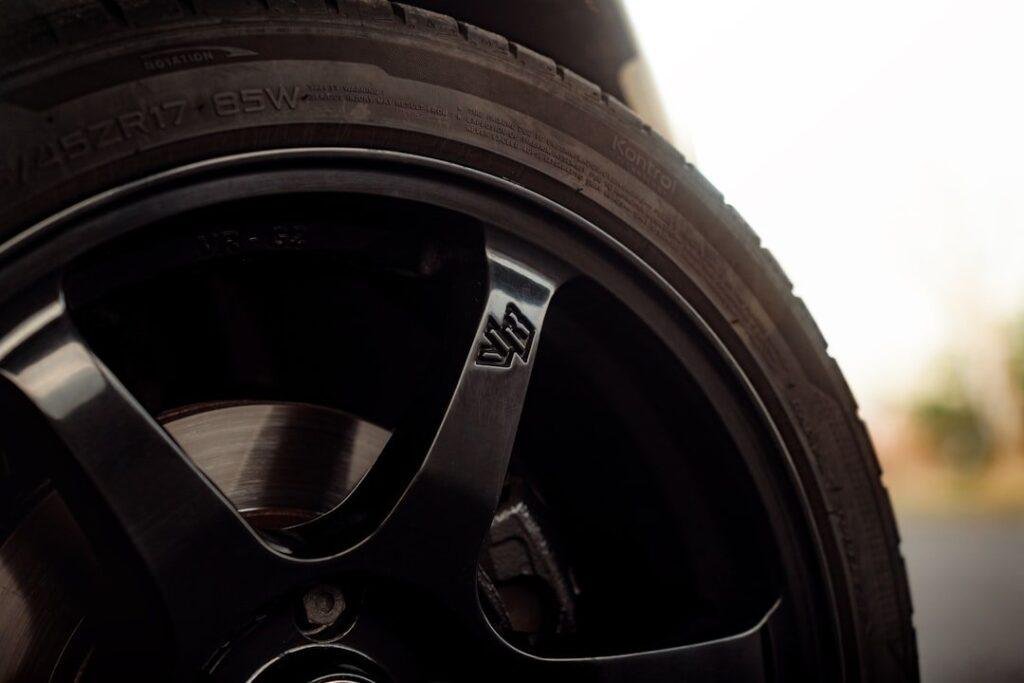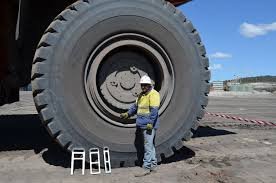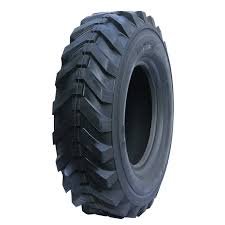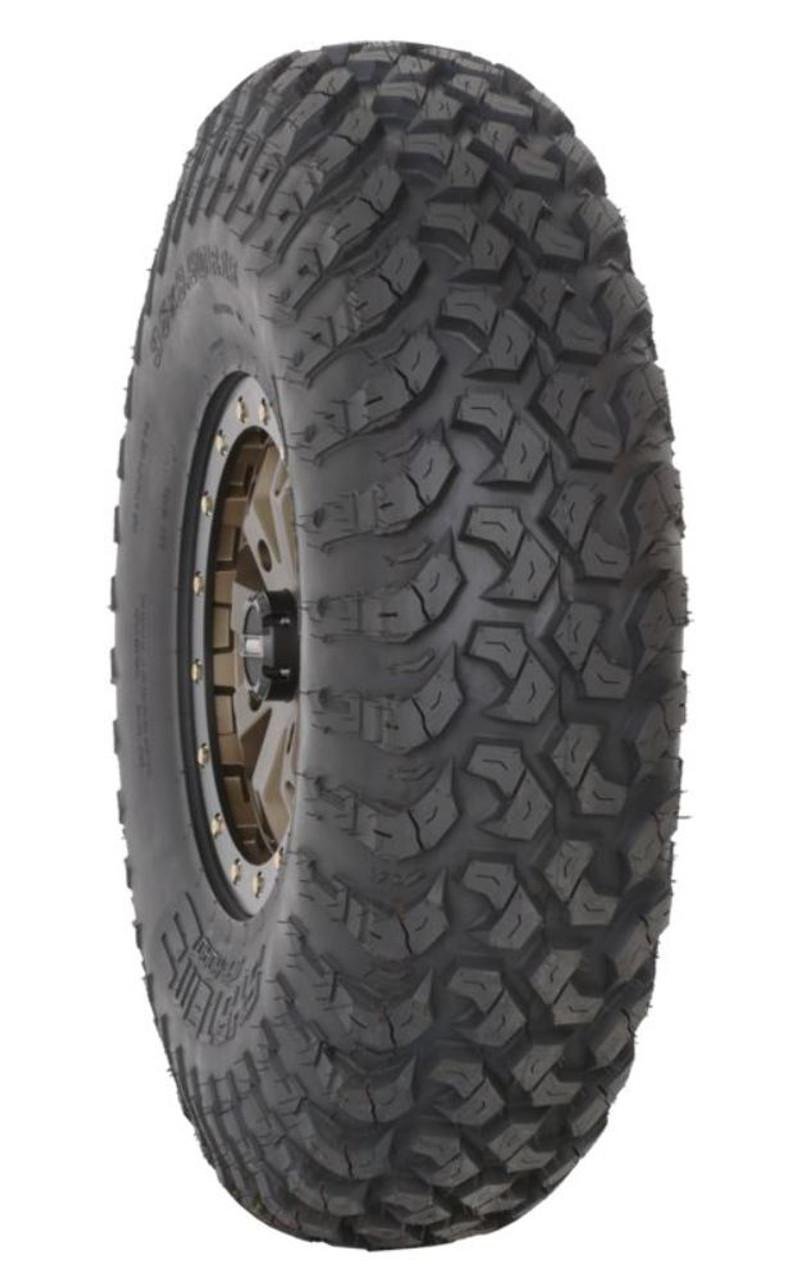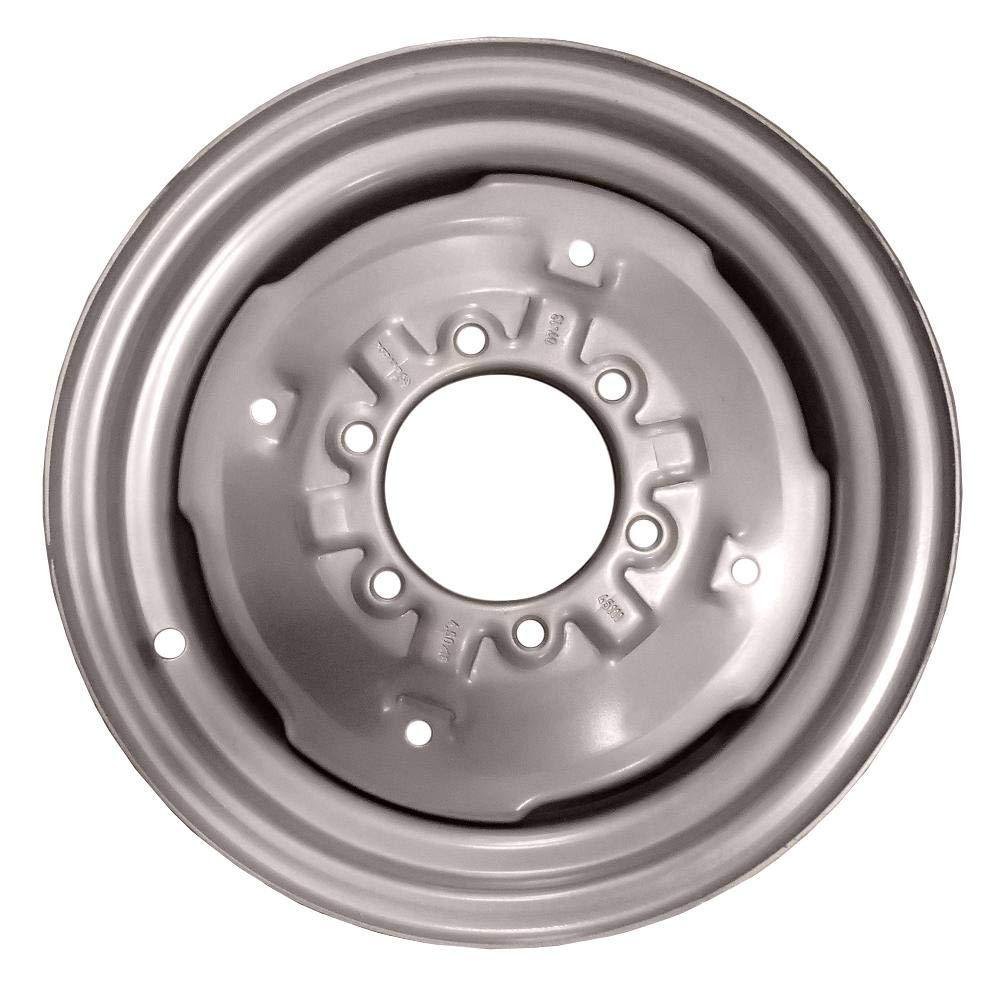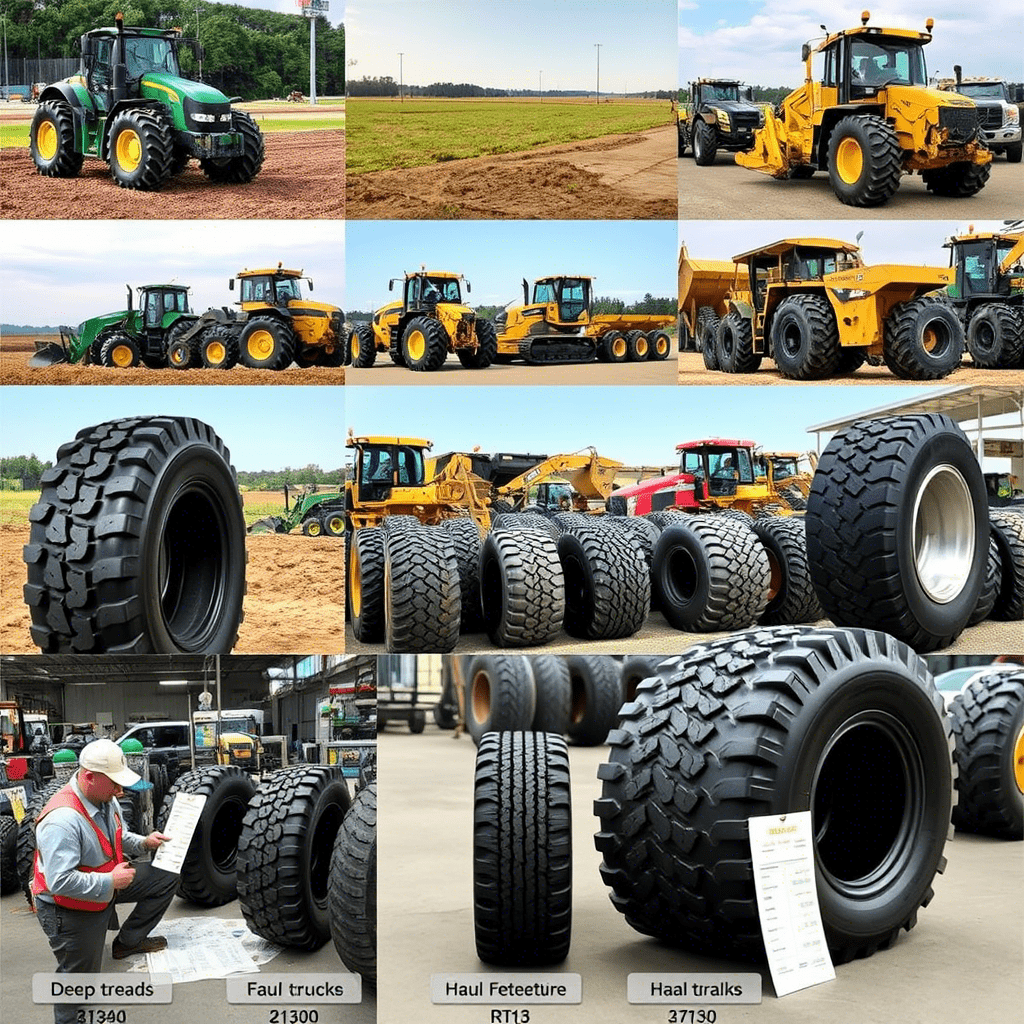# The Ultimate Guide to Toyo Celsius CUV Tire Rack Reviews: An All-Weather Performer?
Are you a crossover or SUV owner searching for a tire that can confidently handle your daily commute, weekend adventures, and everything in between, without the need for a seasonal tire swap? You’re not alone. The quest for a true “do-it-all” tire leads many drivers to the all-weather category, and one name consistently rises to the top: the Toyo Celsius CUV. But with so many options on the market, how do you know if it’s the right choice for your vehicle and driving style? This comprehensive deep dive into verified customer reviews and expert data from Tire Rack Testing and Reviews will separate the hype from reality, giving you the insights you need to make an informed decision.
## What is the Toyo Celsius CUV? Understanding the All-Weather Category
Before we dissect the reviews, it’s crucial to understand what sets the Toyo Celsius CUV apart. This isn’t just another all-season tire. It belongs to a more specialized category known as **all-weather tires**.
### All-Weather vs. All-Season: A Critical Distinction
* **All-Season Tires:** Designed primarily for three-season use (spring, summer, fall) with a focus on dry and wet traction. They are not optimized for severe winter conditions like snow and ice.
* **All-Weather Tires:** These tires meet the industry’s severe snow service performance standard, denoted by the **Three-Peak Mountain Snowflake (3PMSF) symbol** on the sidewall. This means they are tested and proven to provide capable traction in harsh winter conditions, effectively bridging the gap between standard all-season and dedicated winter tires.
The Toyo Celsius CUV is engineered specifically for the weight and driving characteristics of crossovers and SUVs. It promises year-round capability, eliminating the hassle and cost of storing and changing a second set of dedicated winter tires.
## Analyzing Tire Rack Customer Reviews: The Voice of the People
Aggregating hundreds of verified customer reviews from Tire Rack provides a powerful, real-world perspective on the Toyo Celsius CUV’s performance. Here’s what actual owners are saying, broken down by key performance metrics.
### H3: Winter Performance & Snow Traction
This is the Celsius CUV’s flagship feature, and reviews overwhelmingly praise its capability.
* **The Positives:** Customers consistently report a high level of confidence in light to moderate snow. Many note that the tire “digs in” and finds traction where their previous all-season tires would have faltered. The biting edges and siping design are frequently cited as reasons for its predictable handling in wintery conditions. One reviewer from Michigan stated, “These got me through an unplowed road with 6 inches of snow without a single slip. I’m amazed at the winter performance for a tire that isn’t a dedicated snow tire.”
* **The Considerations:** While excellent in snow, a few reviewers noted that on sheer ice—a challenge for any tire without studs—the performance is good but not miraculous. It outperforms all-season tires but may not match the razor-sharp ice braking of a premium dedicated winter tire like a Michelin X-Ice or Bridgestone Blizzak.
### H3: Wet and Dry Handling
A tire must excel in the conditions you drive in most often: rain and dry pavement.
* **The Positives:** Reviews highlight strong wet traction, with many customers noting a significant reduction in hydroplaning compared to their worn OEM tires. The tread pattern effectively evacuates water, providing a secure feel during heavy rain. Dry handling is described as confident and stable, with responsive steering for a tire of this type. The ride quality is frequently praised as being quiet and comfortable, a major plus for family-hauling CUVs.
* **The Considerations:** A small subset of performance-oriented drivers (e.g., those driving sportier SUVs like a Porsche Macan or BMW X3) mentioned that while the dry grip is safe and predictable, the trade-off for winter prowess is a slightly softer compound that doesn’t offer the same ultra-crisp cornering response as a high-performance all-season tire from brands like Pirelli or Continental.
### H3: Treadwear and Longevity
Durability is a key factor in the total cost of ownership.
* **The Positives:** The treadwear warranty on the Celsius CUV is competitive, and many reviewers with 20,000-30,000 miles reported even wear with proper rotations. The compound seems to be holding up well for the majority of users.
* **The Considerations:** As with any tire, longevity is heavily dependent on driving style, vehicle alignment, and maintenance. A few reviewers reported faster-than-expected wear, underscoring the importance of regular tire rotations and pressure checks.
## Expert Insights and Best Practices for All-Weather Tires
While customer reviews are invaluable, it’s important to balance them with expert knowledge.
* **Temperature Matters:** Even though all-weather tires are winter-rated, their compound is still designed for a broad temperature range. In extreme, consistent cold (below 20°F / -7°C), a dedicated winter tire’s specialized compound will remain softer and provide superior flexibility and grip. The Celsius CUV, however, performs admirably in these conditions for a non-dedicated tire.
* **The Importance of Siping:** The countless tiny slits in the tread blocks, called sipes, are the secret weapon of the Celsius CUV. They flex and grip uneven surfaces like snow and ice. As the tire wears, these sipes become less effective. Monitoring tread depth is crucial for maintaining winter safety.
* **Don’t Forget Pressure:** Tire pressure fluctuates with temperature. A drop of 10°F can result in a loss of 1 PSI. Regularly checking and maintaining the manufacturer-recommended tire pressure, especially as seasons change, is non-negotiable for safety, even wear, and fuel efficiency. Resources from the American Automobile Association emphasize this as a cornerstone of vehicle safety.
## Who is the Toyo Celsius CUV Ideal For?
Based on the aggregated reviews and data, this tire is a perfect fit for:
* **CUV and SUV Owners** in regions with **moderate winters** who experience regular snow but not months of extreme arctic conditions.
* Drivers seeking **convenience** and wanting to avoid the cost and hassle of swapping seasonal tires.
* Those who prioritize a **quiet, comfortable ride** and strong wet-weather performance for daily driving and family trips.
* Anyone looking for a significant **upgrade over OEM all-season tires** in overall safety and capability.
It might be a compromise for:
* Drivers in the **extreme “Snow Belt”** (e.g., upper Michigan, Minnesota, Buffalo) who face heavy snow and ice for months may still prefer a dedicated winter/summer set.
* Owners of **high-performance SUVs** who prioritize maximum dry-road handling and cornering grip above all else.
## Actionable Advice: Before You Buy
1. **Check Your Size:** The Toyo Celsius CUV is not available in every possible size. Use Tire Rack’s fitment guide to confirm it’s made for your specific vehicle year, make, and model.
2. **Compare and Contrast:** Use Tire Rack’s comparison tool to stack the Celsius CUV against its key competitors, such as the Michelin CrossClimate2 or the Goodyear WeatherReady. Read reviews for those tires as well to see which performance profile best matches your needs.
3. **Consider Your Climate:** Be honest about the weather you truly encounter. If your “winter” is a few dustings of snow that melt in a day, a standard premium all-season tire might be a better value.
4. **Plan for Installation:** Factor in the cost of installation, balancing, and new TPMS sensors (if needed) into your total budget. Many Tire Rack customers opt to have their tires shipped directly to a recommended installer.
## Safety Considerations
* **The 3PMSF Symbol is a Minimum Standard:** The snowflake symbol means the tire exceeds a specific performance threshold in snow testing. It does not mean all 3PMSF tires perform identically. The Celsius CUV tests well, but it has limits.
* **No Tire is Invincible:** All tires require adequate tread depth to perform correctly. The U.S. legal minimum is 2/32″, but for winter driving, a depth of 6/32″ or more is recommended for safe snow traction. The Tire Safety Organization provides excellent resources on this topic.
* **AWD Helps You Go, Tires Help You Stop:** Remember that all-wheel drive (AWD) helps with acceleration and getting moving in slippery conditions. However, it provides no advantage when it comes to braking or cornering. That is 100% dependent on your tires.
## Frequently Asked Questions (FAQ)
**H3: Q: Is the Toyo Celsius CUV a true winter tire?**
A: It is classified as an all-weather tire with the Three-Peak Mountain Snowflake (3PMSF) rating. This means it is certified for severe snow service and performs far better than a standard all-season tire in winter conditions. However, in extreme cold and on sheer ice, a dedicated winter tire will still have an advantage due to its softer, more specialized rubber compound.
**H3: Q: How is the road noise and comfort compared to my original tires?**
A: The vast majority of Tire Rack reviews praise the Celsius CUV for its quiet and comfortable ride. Many customers report it being quieter and smoother than the original equipment (OE) tires that came on their vehicle.
**H3: Q: Can I use the Toyo Celsius CUV year-round?**
A: Yes, that is the primary purpose of an all-weather tire. It is designed to be driven safely in summer heat, spring rain, fall chill, and winter snow without needing to be changed.
**H3: Q: How does it compare to the Michelin CrossClimate2?**
A: The Michelin CrossClimate2 is a direct and highly-rated competitor. Based on aggregate testing from sources like Consumer Reports and Motor Trend Magazine, the CrossClimate2 often has a slight edge in dry braking and some winter metrics. However, the Celsius CUV is often noted for its value and strong overall performance, frequently at a more competitive price point. Comparing professional head-to-head tests is highly recommended.
**H3: Q: What is the treadwear warranty?**
A: The Toyo Celsius CUV comes with a 60,000-mile limited treadwear warranty. As always, proper rotation, alignment, and inflation are required to maintain the warranty validity.
## Final Verdict
The consensus from Tire Rack reviews is clear: the Toyo Celsius CUV is a highly capable and impressive all-weather tire that delivers on its promise of safe, year-round performance for crossover and SUV owners. It excels in light-to-moderate snow, provides excellent wet and dry traction, and offers a comfortable, quiet ride. While it may not be the absolute pinnacle in every single metric compared to some more specialized or premium-priced competitors, it represents a fantastic value and a brilliant solution for drivers seeking confidence and convenience in a single tire package. For anyone looking to simplify their seasonal routine without sacrificing safety, the Toyo Celsius CUV deserves a spot at the top of your shortlist.

